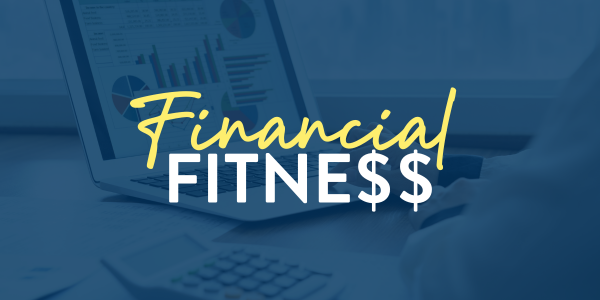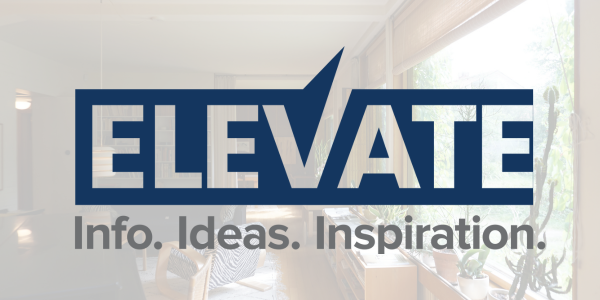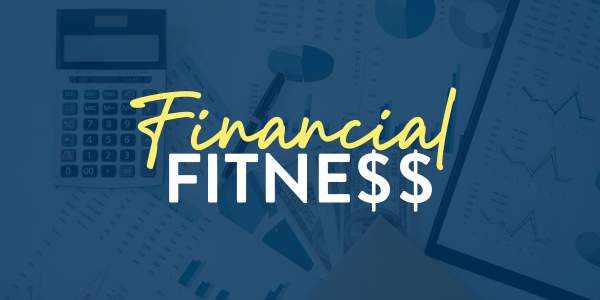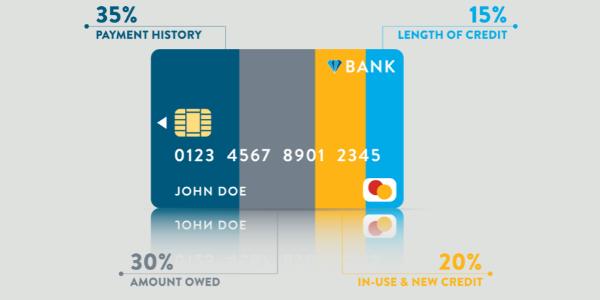
Summer's right around the corner, and so is the time of year when more of us think of buying or selling a home. However, inflation is still hanging around, which means that the interest rate cuts expected this year haven't yet happened. It is still to be seen if this will affect the residential real estate market, and to what extent. The news isn't all bad, though; unemployment remains low, and US stock markets rallied during the first months of 2024, rising by over 10%.

Home Financing
Why Some Homebuyers Aren't Waiting for Lower Rates
It's a dilemma that's been around for two years: Should potential homebuyers begin viewing properties now, or hold out for lower mortgage rates? Many current home shoppers are debating this now.
Since lower rates can increase a home budget, waiting for them can make a big difference, especially for first-time homebuyers who often struggle to find an affordable home. However, there's a downside to waiting that some buyers don't realize; namely, lower rates are expected to heat up the market, attract more prospective buyers, and drive up property prices.
To complicate matters further, the interest rate cuts expected for 2024 haven't yet happened, due to inflation's refusal to leave the chat. While an average rate on a 30-year home loan of just under 7% is not far from the historical average, that's little consolation to this year's homebuyers.
Home shoppers also have more properties to choose from this spring than a year ago. Active listings have exceeded prior-year levels for five straight months, according to Realtor.com. Those shopping for new construction may have better luck this spring, especially as some builders are offering incentives such as mortgage rate buydowns.
Source: usnews.com
Insurance
Millions of Homeowners Going Bare
A new study of insurance data found that one in 13 homeowners lack homeowners' insurance coverage, a condition nicknamed "going bare". This leaves them without protection, should their homes be damaged or destroyed from natural disasters.
This is equivalent to around six million homes without coverage, or around $1.6 trillion (about $4,900 per person in the US) in unprotected market value.
Homeowners earning under $50,000 per year are twice as likely to lack insurance compared to homeowners in general. Among lower-income homeowners, 15% are without coverage.
35% of owners of manufactured homes and 29% of homeowners who inherited their homes lack coverage.
One possible solution was introduced by Florida Rep. Jared Moskowitz in 2023. The bill would establish a National Disaster Risk Reinsurance Program, which would provide payments to states for damages for natural disasters not covered by the National Flood Insurance Program.
Source: consumerfed.org
Building For Your Future
Using Real Estate to Build Wealth
What do you think of when you picture a real estate investor? Is it a Donald Trump type in a snazzy suit sitting high up in an ivory tower?
You may not realize it, but anyone who owns a home is technically a real estate investor—which means the title is up for grabs for just about anyone. You simply have to know how to get started.
Investing in real estate doesn't have to be hard, and it doesn't have to be stressful. There are a few paths to building wealth through real estate. You can simply occupy your primary residence long term and watch it appreciate as you go about the activities of daily living.
You can also purchase multiple single-family homes that generate cash flow through passive income. There are additional strategies that involve fixing up homes and selling them quickly, as well as buying properties with a long-term investment outlook in mind.
In any case, real estate offers the potential to increase your net worth. And this type of wealth can be passed on (as can the properties) for generations to come.
So let's jump into how to build wealth with real estate. One of the easiest ways to build wealth through real estate is... read more
Credit and Consumer Finance
A Guide to Thoughtful Estate Planning
Even if your career and budget goals are still in the distant future, an estate plan is still essential. It's a plan that covers everything you own, from your home, car and bank accounts right down to your personal possessions.
A thoughtful estate plan will ensure that your assets go to specified individuals, including any charitable causes you support. It can also help manage any remaining taxes you owe after you're gone. Here's a basic checklist to help you get started.
Choose your plan's beneficiaries. Be sure to review them annually and after life events, such as marriages, divorces, births and deaths. In addition to any retirement accounts, beneficiaries may receive the balances of any bank accounts, life insurance policies, business ownership agreements and property.
Ensure any real estate titles are correct. These will help determine who receives any property you own after your death. Since each state has its own laws on property inheritance, you may want to consult an attorney.
Prepare for unexpected events. Nobody wants to think about a crippling illness or accident, but you need to prepare for them by preparing several documents. These include a durable power of attorney, health care proxy, HIPAA release authority and living will.
Name your executor and/or trustee. This person's responsibilities will be as complex as your estate plan, so you'll want to share details with the person you're considering to ask to take this role.
Document your final wishes. Doing this will help your loved ones cope during a difficult time and can include details of your preferred funeral service. You may want to consider pre-paying for burial or cremation out of consideration for your family and friends.
Talk to your loved ones about your plan. Sharing your decisions in advance will reduce uncertainty and help prevent misunderstandings. This is also a good time to leave details of where your important documents are stored.
Source: ameripriseadvisors.com
Did You Know?
How Dynamic Financing and Surge Pricing Differ
When burger chain Wendy's announced plans to introduce dynamic pricing, the backlash was swift, but not always accurate. Many mistook this move as the introduction of surge pricing, which generally raises prices for products and services when demand is higher.
Here's the difference: Surge pricing uses real-time supply and demand data to raise—and only raise—prices. Uber rates are a good example, as they often rise during rush hour. Dynamic pricing uses real-time supply and demand data to fluctuate prices up or down.
Rather than raising prices in response to high customer demand, Wendy's says it plans to use artificial intelligence to lower prices during slow times. Furthermore, they aren't the first fast-food chain to introduce dynamic pricing, as McDonald's and Burger King already have this in place. They also offer perks (and sometimes lower prices) to app users.
Dynamic pricing isn't limited to fast food. If you've ever booked an airline ticket or a hotel room, chances are you paid a price set by a dynamic pricing algorithm. It's why flights and hotels are more expensive during peak vacation months. Dynamic pricing also lowers prices when sales are slow. For example, ski lift operators may lower ticket prices when snow conditions are subpar.
While dynamic pricing can be annoying, it also creates opportunities for frugal shoppers. Business loyalty programs make it easier to keep up with price changes, and offer rewards points and similar perks through their apps. These are offered by airlines, hotels, fast food chains and grocery stores.
You can also predict slower periods in any given day or week when companies might offer savings. If you can strike at the right time, you could reap the rewards.
Source: nerdwallet.com







